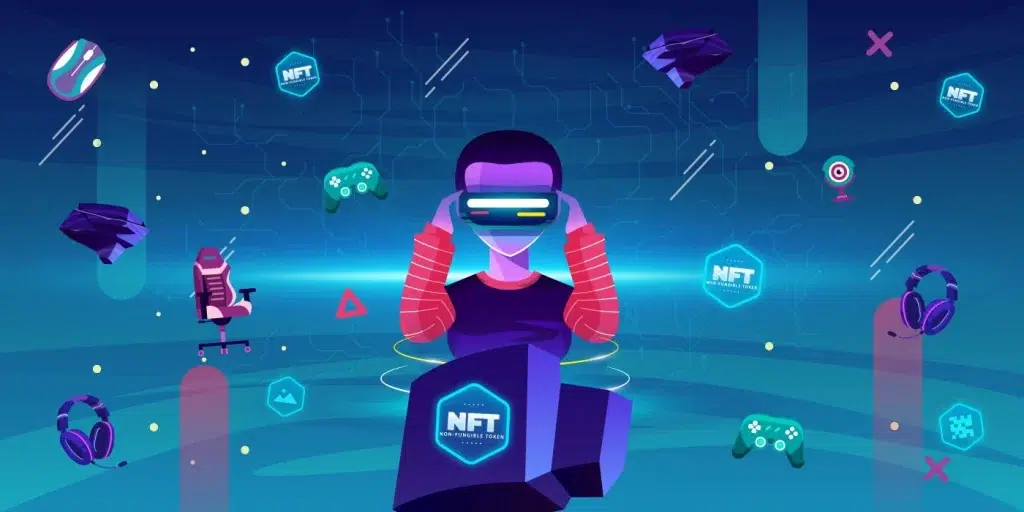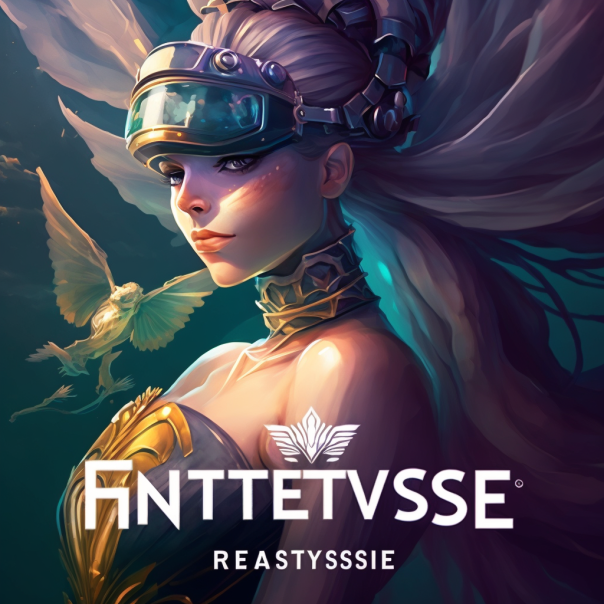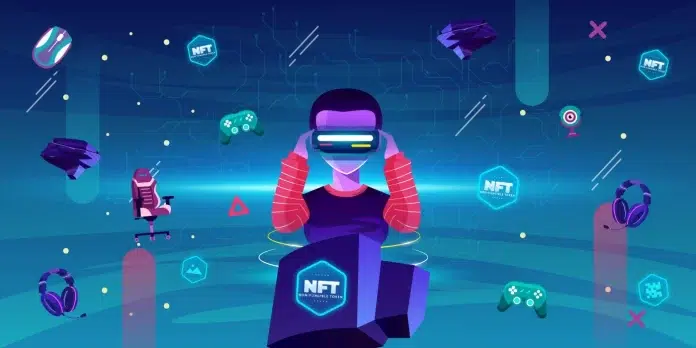
The metaverse is a term coined by science fiction author Neal Stephenson in his book Snow Crash. It is essentially a virtual world where people can interact with each other in a shared space. In recent years, a number of companies have been building out metaverse platforms, including Second Life, Fortnite, and Minecraft. These platforms are reshaping both social media and gaming, and have the potential to transform the way we interact with each other online.
One of the key features of the metaverse is its ability to provide a more immersive experience than traditional social media platforms. Rather than simply posting photos and text updates, users can interact with each other in a shared virtual space. For example, in Second Life, users can create their own avatars and explore a variety of different environments, from tropical beaches to virtual nightclubs. In Fortnite, players can team up with each other to explore a virtual landscape, and engage in battles with other players.
This level of interactivity creates a sense of community that is difficult to achieve on traditional social media platforms. Instead of simply following people, users can actually meet and engage with each other in a shared virtual space. This sense of community is reinforced by the fact that many metaverse platforms have their own economies, where users can earn virtual currency and purchase virtual goods.
Another aspect of the metaverse that is changing the gaming landscape is the ability to create and share user-generated content. In Second Life, users can create their own virtual homes, clothing, and even entire neighborhoods. In Minecraft, players can create elaborate structures and share them with each other. This user-generated content not only makes the metaverse more adaptable and interesting, but also allows users to explore their own creativity.
In addition to providing a more immersive and social gaming experience, the metaverse also has the potential to transform other industries. For example, virtual showrooms could allow customers to try on clothes without physically visiting a store. Virtual real estate could allow people to explore homes before they are built. And virtual events could provide a more immersive experience than traditional webinars or video conferences.
Overall, the metaverse is a promising new technology that has the potential to reshape social media, gaming, and many other industries. As this technology continues to evolve, we can expect to see even more innovative uses of the metaverse in the years to come.

